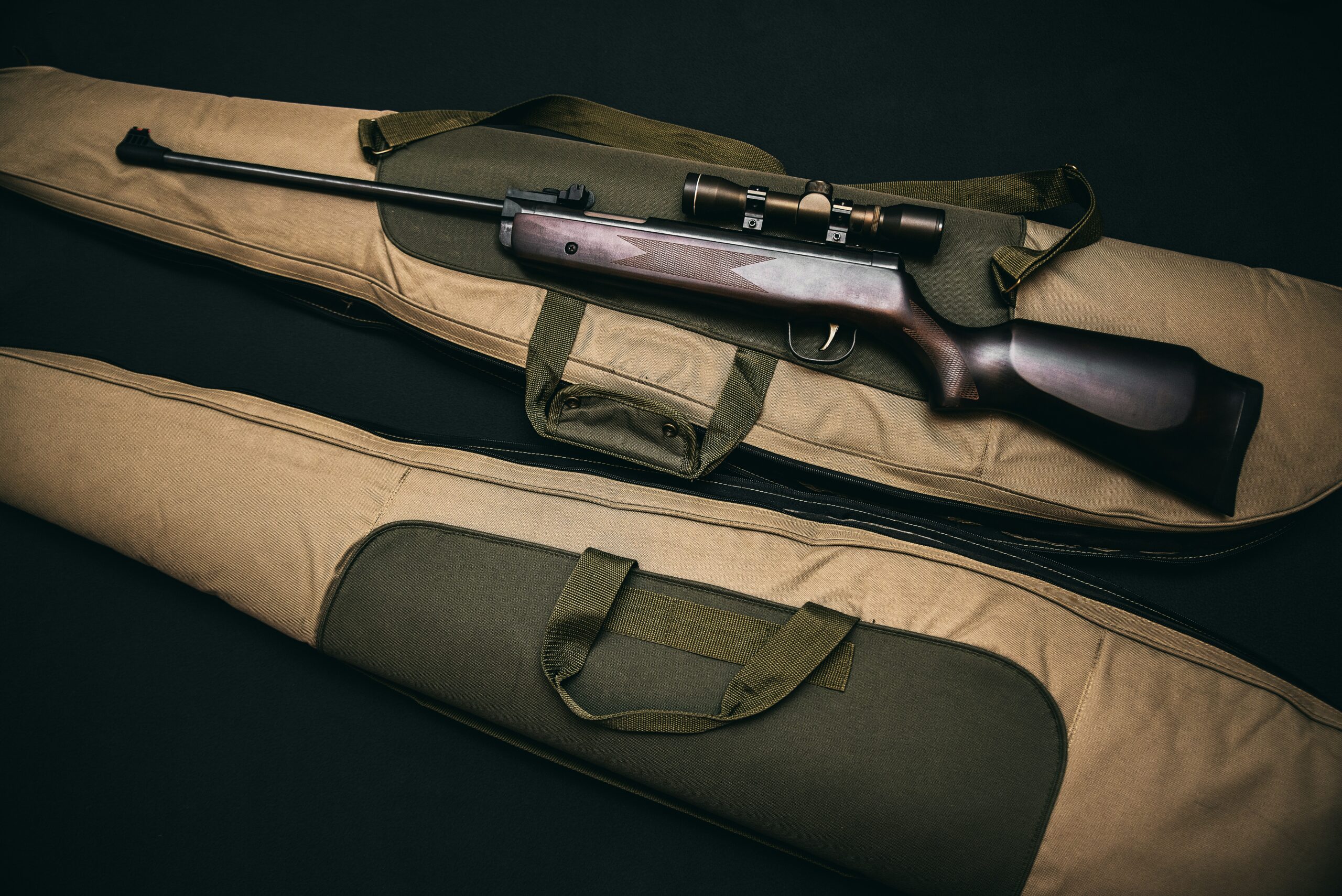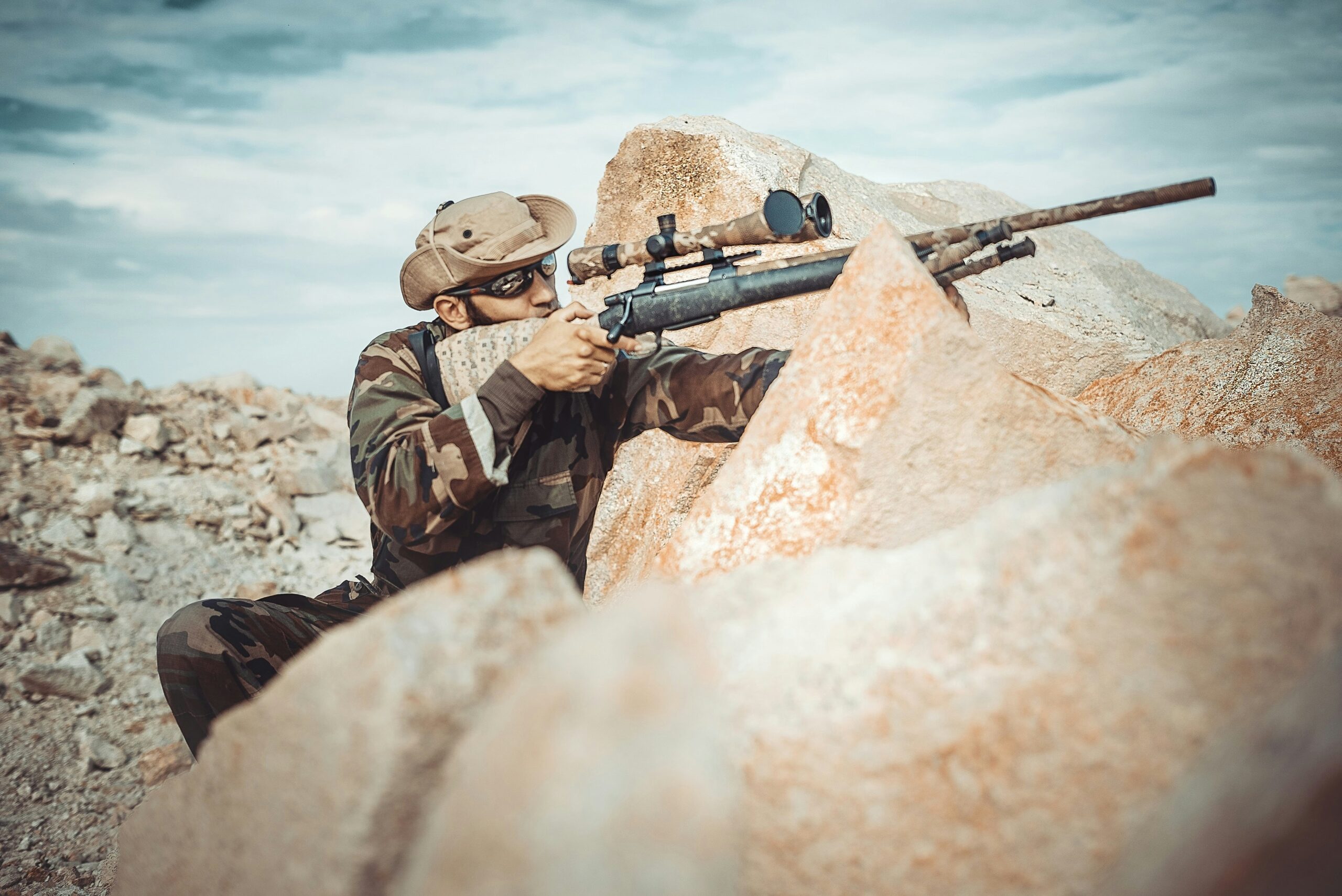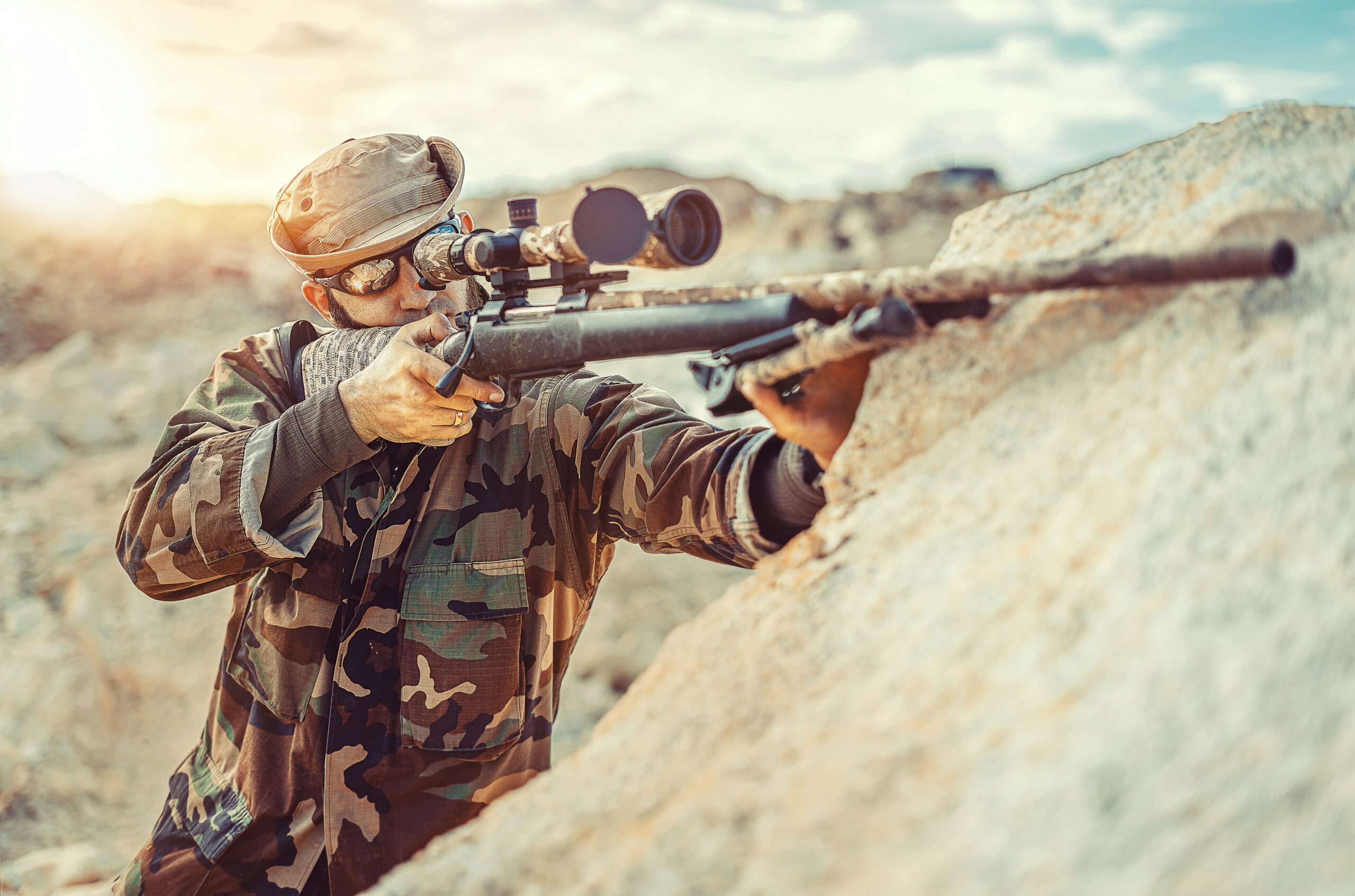Are you an avid hunter looking to take your game to the next level? If so, you may find yourself pondering the age-old question of whether to choose a fixed or variable magnification scope for your hunting adventures. The answer to this question ultimately depends on a variety of factors, including your specific hunting needs and preferences. In this article, we will explore the pros and cons of both options, helping you make an informed decision that will enhance your hunting experience. So, grab your gear and get ready to discover which magnification scope is right for you!

Understanding the Basics
Definition of a Fixed Magnification Scope
A fixed magnification scope, also known as a fixed power scope, is a type of optic that provides a constant level of magnification. This means that once you set the desired level of zoom, it remains the same throughout your hunting session. Fixed magnification scopes typically have a single magnification level, such as 4x or 6x, which cannot be adjusted.
Definition of a Variable Magnification Scope
On the other hand, a variable magnification scope, often referred to as a variable power scope, offers the flexibility of adjusting the magnification level according to your needs. Variable magnification scopes have a range of magnification options, such as 3-9x or 4-12x, allowing you to switch between different zoom settings.
Features of a Fixed Magnification Scope
Simplicity
One of the key features of a fixed magnification scope is its simplicity. With no adjustable magnification settings, these scopes are straightforward and easy to use. Once you set the desired magnification level, you can focus solely on aiming and shooting without the distraction of adjusting zoom settings.
Durability
Fixed magnification scopes are often built to be rugged and durable. Since they have fewer moving parts compared to variable magnification scopes, there is less chance of mechanical failure or damage. This makes fixed magnification scopes suitable for harsh hunting environments where durability is essential.
Light Transmission
In terms of light transmission, fixed magnification scopes tend to outperform their variable counterparts. Since they have a fixed lens system, they can optimize the light transmission through the optic, resulting in a brighter and clearer image. This can be advantageous during low-light conditions when visibility is crucial.
Price Difference
Another factor to consider is the price difference between fixed and variable magnification scopes. Generally, fixed magnification scopes are more affordable than variable ones. If budget is a concern, opting for a fixed magnification scope can be a cost-effective choice without compromising much on performance.
Features of a Variable Magnification Scope
Versatility
One of the standout features of a variable magnification scope is its versatility. With the ability to adjust the zoom level, you can adapt to different hunting scenarios. Whether you are hunting at long distances or in close quarters, a variable magnification scope allows you to choose the appropriate magnification setting for optimal target acquisition.
Ease of Target Acquisition
Variable magnification scopes offer a significant advantage when it comes to target acquisition. With the ability to zoom in and out, you can quickly identify and locate your target, especially when it might be camouflaged or blending into the surroundings. The flexibility of a variable magnification scope enhances your ability to aim accurately and make precise shots.
Adaptable to Varying Hunting Scenarios
Hunting terrain can vary greatly, ranging from open fields to dense forests or hilly landscapes. A variable magnification scope offers adaptability to these varying environments. When faced with long-range shots in open terrains, you can utilize the higher magnification settings for enhanced precision. Conversely, in close-range encounters or when hunting in dense cover, you can lower the magnification to maintain a wider field of view, allowing for better situational awareness.
Price Range
Variable magnification scopes offer a wide range of options to suit different budgets. While high-end variable scopes can be quite expensive, there are also affordable options available on the market. This range of price points allows hunters with various budget constraints to find a variable magnification scope that meets their needs.
Pros and Cons of a Fixed Magnification Scope
Pros of Fixed Magnification Scope
- Simplicity and ease of use
- Durability and ruggedness
- Superior light transmission
- Affordable price range
Cons of Fixed Magnification Scope
- Lack of versatility in magnification settings
- Limited adaptability to different hunting scenarios
- Inability to zoom in for precise long-range shots

Pros and Cons of a Variable Magnification Scope
Pros of Variable Magnification Scope
- Versatility in adjusting the magnification level
- Enhanced target acquisition and identification
- Adaptability to different hunting scenarios
- Wide range of price options
Cons of Variable Magnification Scope
- Additional complexity in operation compared to fixed magnification scopes
- Increased chance of mechanical failure or damage
- Costlier than fixed magnification scopes
Choosing Based on Hunting Style
Using Fixed Magnification for Long-Range Hunting
If your hunting style primarily involves long-range shooting, a fixed magnification scope may not be the ideal choice. Since they lack the ability to zoom in, it can be challenging to acquire targets accurately at extended distances. In such cases, a variable magnification scope with higher zoom capabilities would be more suitable, allowing you to engage targets with precision.
Using Variable Magnification for Medium to Close-Range Hunting
For hunting styles that involve medium to close-range shooting, a variable magnification scope is highly recommended. With the ability to adjust the magnification level, you can easily adapt to different distances and shooting conditions. Whether you are hunting in dense woods or engaging targets at various ranges, a variable magnification scope provides the necessary flexibility for success.

Choosing Based on Target Species
Choosing Fixed Magnification for Larger, Stationary Game
If your primary target species are larger, stationary game such as deer or elk, a fixed magnification scope can be a suitable choice. Since these animals often remain stationary or move slowly, the lack of adjustable magnification is not a significant disadvantage. The simplicity and superior light transmission of fixed magnification scopes make them well-suited for such hunting scenarios.
Choosing Variable Magnification for Smaller, Moving Game
When hunting smaller game, such as birds or fast-moving animals like rabbits, a variable magnification scope becomes more advantageous. The ability to zoom in and out allows you to track and acquire these elusive targets more effectively. The versatility of a variable magnification scope proves invaluable when dealing with small and agile game.
Choosing Based on Hunting Terrain
Selecting Fixed Magnification for Open Terrains
In open terrains where long-range shots are common, a fixed magnification scope can be a practical choice. The simplicity and durability of fixed magnification scopes make them suitable for extended periods of scanning and observation. Additionally, their superior light transmission ensures a clear image even in bright, open environments.
Selecting Variable Magnification for Wooded or Hilly Terrains
When hunting in wooded or hilly terrains, a variable magnification scope offers distinct advantages. The ability to adjust the zoom level allows for better target acquisition in dense vegetation. Furthermore, the adaptability to different magnification settings caters to the varying distances encountered in hilly landscapes, ensuring accurate shots in challenging hunting environments.
Suggestions for Beginners
Benefits of Starting with Fixed Magnification
For beginners entering the world of hunting, starting with a fixed magnification scope can be beneficial. The simplicity of operation allows beginners to focus on building fundamental shooting skills without the added complexity of adjusting magnification levels. Furthermore, fixed magnification scopes often come at a more affordable price point, making them an accessible entry-level option.
When to Consider Switching to Variable Magnification
As beginners gain experience and confidence in their hunting skills, they may consider switching to a variable magnification scope. This transition allows for greater adaptability to different hunting scenarios and the opportunity to refine shooting techniques. Once shooters feel comfortable with the basics, a variable magnification scope can provide the added versatility needed to take their hunting pursuits to the next level.
Final Thoughts
Circumstances Where Fixed Magnification is Ideal
Fixed magnification scopes excel in situations where simplicity and durability are valued. They can be the ideal choice for hunting larger, stationary game in open terrains, where the lack of adaptability is not a significant drawback. Additionally, the superior light transmission capabilities of fixed magnification scopes shine in low-light conditions, ensuring optimal visibility for successful hunts.
Circumstances Where Variable Magnification is Ideal
Variable magnification scopes offer versatility and adaptability, making them ideal for different hunting styles and terrain types. Their ability to adjust the magnification level enables precise long-range shooting as well as effective target acquisition in challenging environments. For hunters pursuing smaller, moving game or navigating wooded or hilly terrains, a variable magnification scope is the preferred choice.
Deciding Based on Personal Preference and Budget
Ultimately, the decision between a fixed or variable magnification scope should depend on personal preference and budget considerations. Consider your hunting style, target species, and the terrain you frequent most often. Experimenting with different scopes and seeking advice from experienced hunters can help you make an informed decision that aligns with your individual needs and preferences. Remember, there is no one-size-fits-all solution when it comes to choosing the right magnification scope for hunting.

